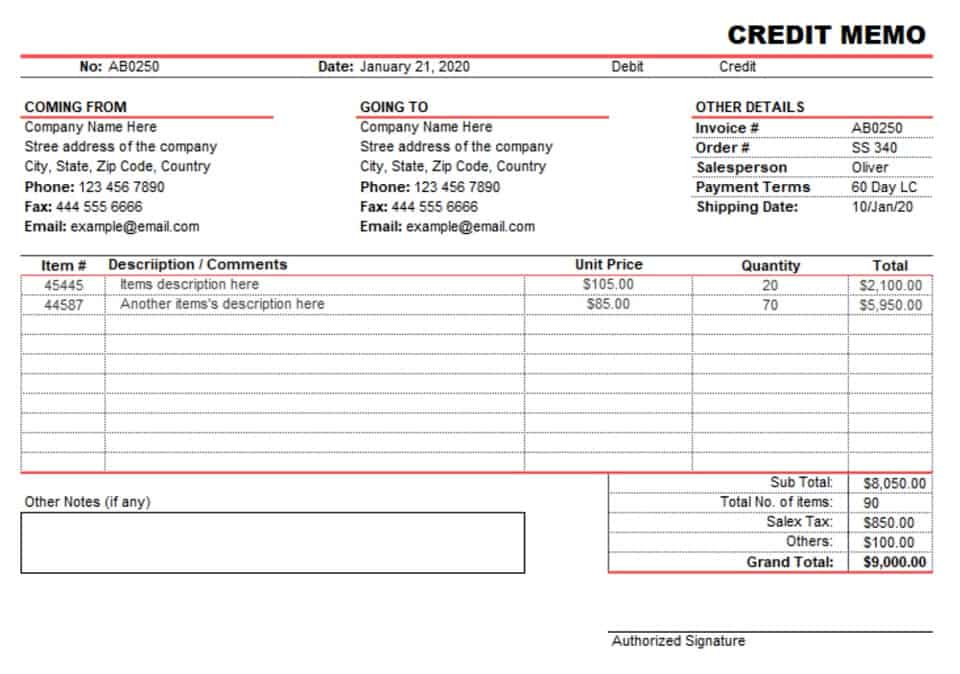
It goes beyond the basic data entry and transaction recording of traditional bookkeeping. A full-charge bookkeeper is a one-person accounting department, handling the complete financial cycle from A to Z. Ultimately, understanding the difference between a bookkeeper and a full charge bookkeeper can be crucial in deciding how to manage a business’s finances effectively. The choice depends on a company’s size, the complexity of financial transactions, and specific business requirements. Whether choosing a bookkeeper, full charge bookkeeper, or utilizing a combination of both, the goal remains accurate, reliable, and efficient financial management to support business success. The choice between hiring a full charge bookkeeper or an accountant ultimately depends on the specific needs of a business.

What is the full charge bookkeeper’s role in comparison to an accountant’s, then? Although FC bookkeepers do provide accounting services, they usually don’t act as financial advisors or deal with auditing and tax reports. Full charge bookkeepers usually seek external assistance from a certified public accountant or a controller. They usually have a bachelor’s degree in accounting or a related field and often pass an exam to get a certification and become certified public accountants.
Role in Small Business Bookkeeping
Even though we’ve gone through the main full charge bookkeeping responsibilities, let’s delve deeper into how an FC bookkeeper’s career differs from that of an accountant. Increase your desired income on your desired schedule by using Taxfyle’s platform to pick up tax filing, consultation, and bookkeeping jobs. Taxfyle connects you to a licensed CPA or EA who can take time-consuming bookkeeping work off your hands. Opinions expressed on the pages of this website belong to the author and do not represent the views of companies whose products and services are being reviewed. To get one, you’ll have to have at least two years of professional experience in the field and pass the exam. If you’re excited to be part of a winning team, XYZ Inc. is a perfect place to get ahead.
Knowing what is included in full charge bookkeeping services makes you aware that a degree, skills, and certifications sometimes aren’t enough. Due to the higher level of responsibilities that FC bookkeepers have, some employers insist that candidates have prior bookkeeping and accounting experience. Since it is the largest expense for most companies, employers need to think strategically about work roles. Full charge bookkeeping is a skillset that drives a variety of financial responsibilities. We explain why this is a viable option for businesses just starting out, or looking to expand the accounting department. Additionally, outsourcing bookkeeping services provides access to specialized expertise.
Full Charge Bookkeepers vs. Accountants
With limited resources, they often need help handling accounting in-house or seeking external support. This is where the full-charge bookkeeper emerges as a vital financial guardian, wielding a multifaceted skillset to keep the financial gears turning smoothly. EcomBalance handles your bookkeeping and sends you a Profit and Loss Statement, Balance Sheet, and Cash Flow Statement by the 15th of each month. EcomBalance also has a sister company, AccountsBalance, that caters to agencies, software companies, coaches, and other online companies. Since 1997, Maria Christensen has written about business, history, food, culture and travel for diverse publications. She has created employee handbooks and business process manuals for small businesses, authored a guidebook to Seattle, and worked as an accountant in the construction, software and non-profit sectors.
- Proficiency is fundamental for full charge bookkeepers who manage all the accounting work done in a company.
- They maintain complete and up-to-date detailed accounts and manage all the fundamental bookkeeping duties, such as ledger entries, financial statement preparations, and payroll.
- Also, unlike accountants, full charge bookkeepers generally do not provide tax planning advice or act as financial advisors.
- Small business owners are typically experts in their field or industry but might need more financial expertise to keep their company’s books in order.
- Knowing the right forms and documents to claim each credit and deduction is daunting.
They can also help you develop budgets, track cash flow, and provide valuable insights into your financial performance. By delegating these tasks to a professional, you can ensure that your financial records are accurate and up to date while focusing on the areas of your business where you can make the most impact. It involves comparing an organization’s financial records with the corresponding bank statements to identify and resolve discrepancies.
What Is a Full Charge Bookkeeper? Definition, Responsibilities, Cost, and Where to Find One
Embarking on the transition requires a readiness to handle a wider array of bookkeeping and accounting responsibilities. This includes managing everything from day-to-day financial transactions to preparing detailed financial statements and overseeing tax preparations. Organization and time management skills are essential for a full charge bookkeeper to effectively manage their workload and meet deadlines. We are looking to hire an experienced full charge bookkeeper to handle our company’s accounts. In this role you will be responsible for managing the full cycle of accounting duties for the company. This includes entering vendor and expense invoices, billing customers, preparing bank statements, processing timesheets, and preparing tax returns.
- Full charge bookkeepers perform all the tasks regular bookkeepers do, along with full-cycle accounting duties, except for those that can be done only by a certified public accountant.
- Full-charge bookkeepers ensure compliance with financial regulations, tax legal guidelines, and reporting requirements.
- Some full charge bookkeepers in small companies wear many hats, working or supervising in areas such as purchasing, inventory and human resources.
- Taxes are incredibly complex, so we may not have been able to answer your question in the article.
- In financial management, full-charge bookkeeping is crucial in maintaining accurate and up-to-date financial records for businesses.
full charge bookkeeper duties include preparing the balance sheet and income statement at the end of the month. They are run after the books are closed and are submitted to a CPA to verify accuracy and then to the owners or management to apprise them of the financial health of the company. As a full charge bookkeeper, there are several essential skills that you need to possess in order to effectively perform your duties.
